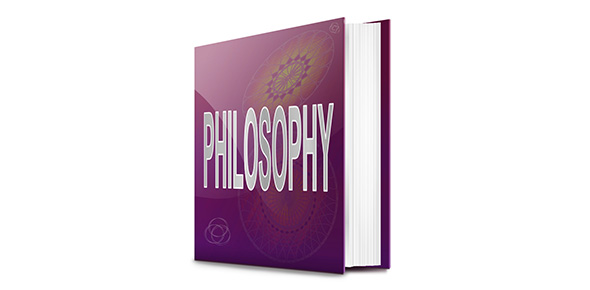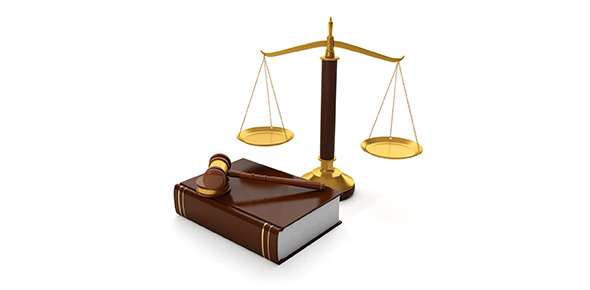Related Flashcards
Related Topics
Cards In This Set
| Front | Back |
|
Self-reference criterion
|
|
|
Dumping
|
The practice of charging
high prices for products sold in domestic markets while selling the same
products in foreign markets at low prices, often below the costs of exporting
them—is viewed negatively
|
|
Culture
|
Consists of everything in
our surroundings that is made by people—both tangible items and intangible
things like concepts and values. Ex: language, religion, law, politics,
technology, education, social organization, general values, and ethical standards.
|
|
Cultural relativism
|
The concept that morality
varies from one culture to another and that business practices are therefore
differentially defined as right or wrong by particular cultures.
|
|
Multinational
corporation
|
Public companies that
operate on a global scale without significant ties to any one nation or region.
They represent the highest level of international business commitment and are
characterized by a global strategy of focusing on opportunities throughout the
world. Ex: Shell Oil, Nike, Monsanto, and Cisco Systems.
|
|
Price discrimination
|
When a firm changes
different prices to different groups of customers. Differential pricing is
legal if it does not substantially reduce competition or if it can be justified
on the basis of costs.
|
|
Gouging
|
Cost of transportation,
taxes, tariffs, and other expenses are increased beyond the level they’re
needed to meet the cost of these additional costs.
|
|
Facilitating payment
|
Giving bribes
|
|
Foreign corrupt
practices act
|
Prohibits U.S. companies
from offering or providing payments to officials of foreign governments for the
purpose of obtaining or retaining business abroad
|
|
Omnibus trade and
competitiveness act
|
Reduced FCPA legislation in
certain areas and repealed the Eckhardt amendment, which prevented senior
managers from using agents or employees as scapegoats when bribes were given.
Ot makes the prosecution of bribery even more difficult, thus decreasing the
power abd applicability of the FCPA in global business settings.
|
|
Money laundering
|
Consists of using or
transferring illegally received funds in a financial transaction in order to
conceal their source of ownership or to facilitate an illegal activity.
|
|
Intellectual property
|
Refers to the ideas and
creative materials that individuals develop to solve problems, to carry out
applications, and to educate or entertain others.
|
|
World trade organization
|
Established in 1995, 133
members, 33 nations applied for membership and hold observer status. WTO
administers its own trade agreements, facilitates future trade negotiations,
settles trade disputes, and monitors the trade policies of member nations. They
address economic and social issues involving agriculture, textiles and
clothing, banking, telecommunications, government purchases, industrial
standards, food sanitation regulations, services, and intellectual property. It
provides legally binding ground rules for international commerce and trade
policy. It attempts to reduce barriers to trade between and within nations and
settle trade disputes
|








